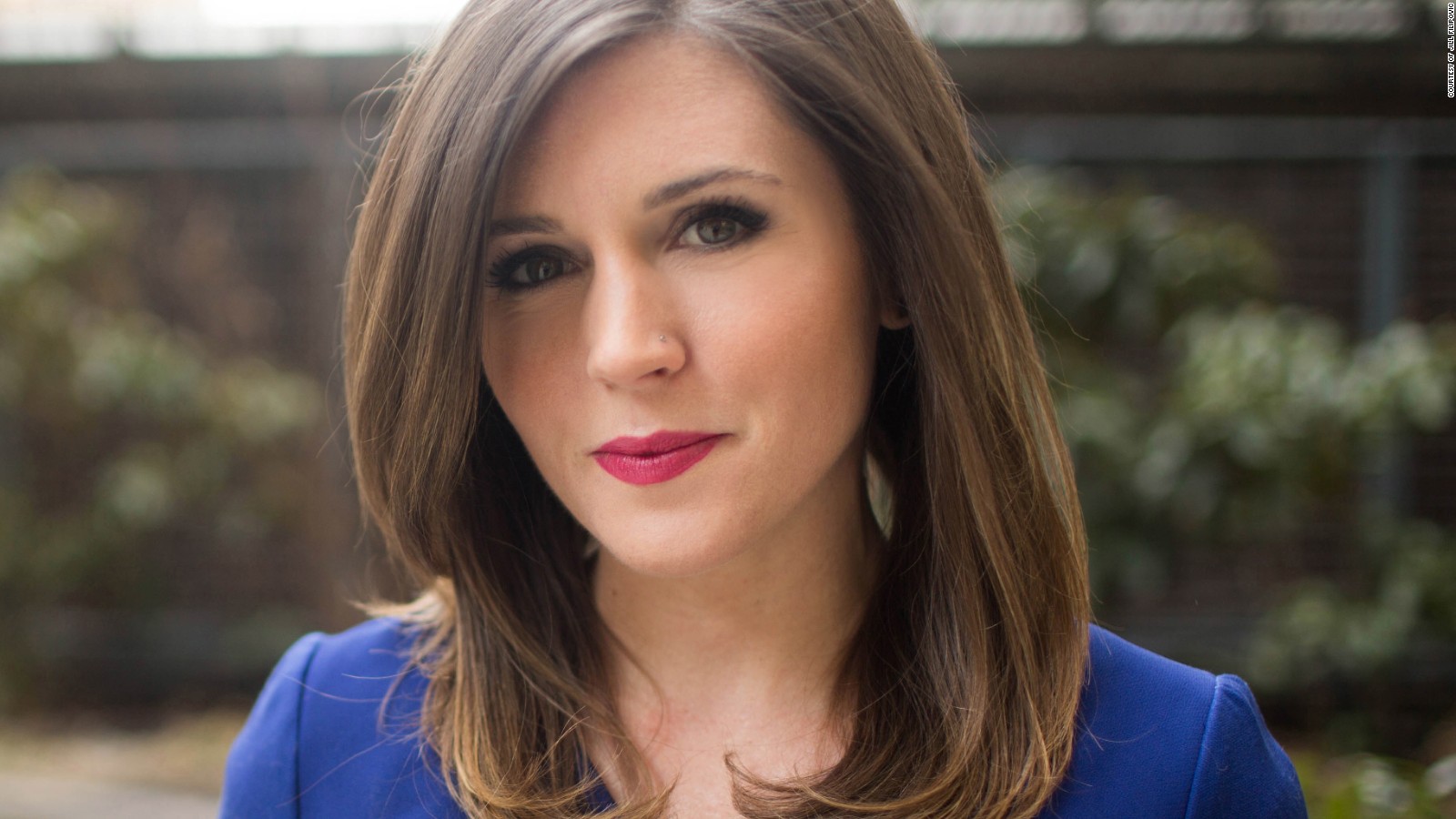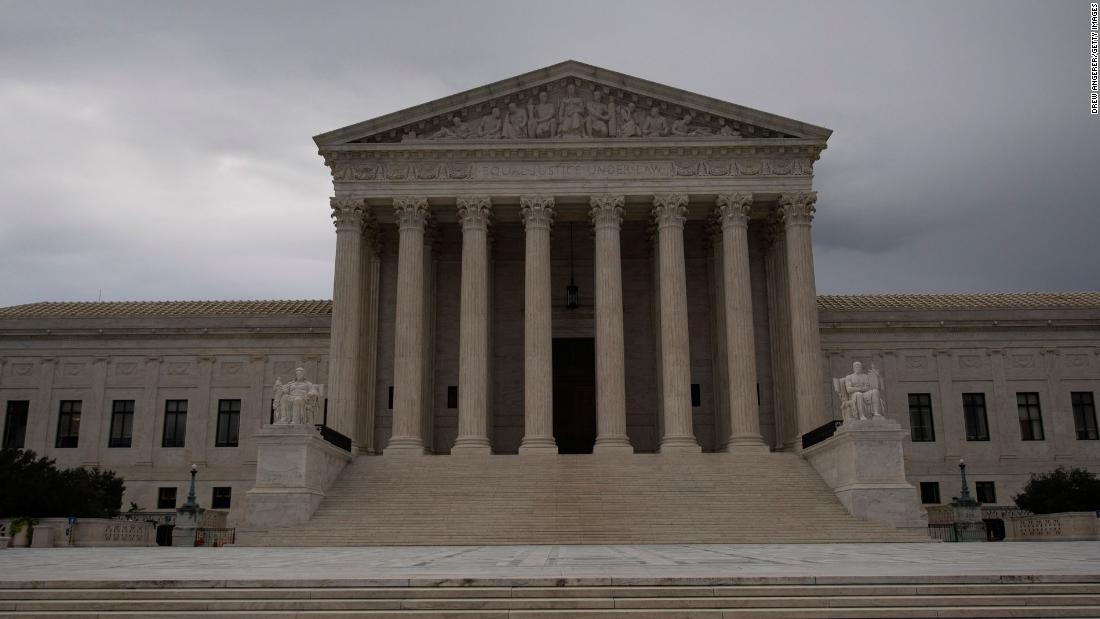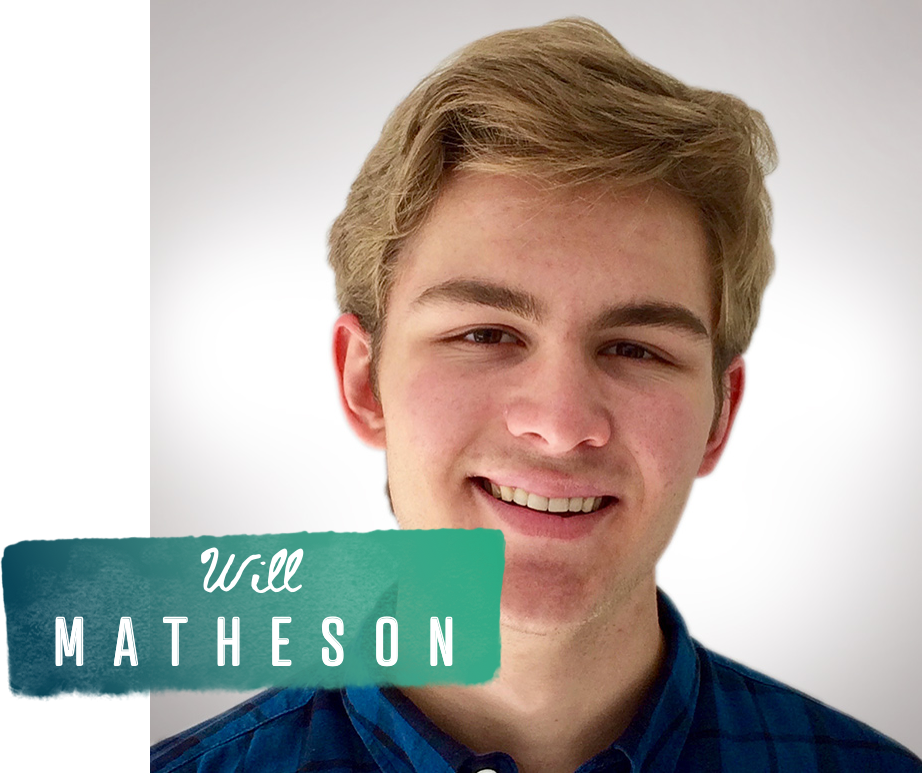israelob.blogspot.com
The Arcadia Police Department is investigating allegations against a former Arcadia High student who recorded himself and a female student having sex without her knowledge and then distributed the video in an online group chat with fellow students.
Both were minors at the time of the incident, according the female student, a recent Arcadia High graduate who requested the pseudonym Judy to protect her privacy. Investigators have called it a sexual assault and are asking anyone with knowledge about the video to contact the department.
Meanwhile, school officials say they are taking the allegations seriously.
Judy took to social media on Sunday, June 21 — seven months after the recording incident —to share her experience and call out students who saw the videos but did not report them. To this day, Judy does not know who has seen the video or if anyone is in possession of it, she said.
“My personal experience with (the perpetrator) was something that consumed my mind daily for more than seven months,” Judy said. It was time to share.
In her post, Judy alleged the same male student had recorded — without permission — sexual acts with other underage students. Arcadia police say they also are seeking any other potential victims to contact the department.
In her case, Judy learned in November she had been secretly recorded during sex when a friend of a friend saw the video posted in a social media group chat in which posts typically disappear after 24 hours. After Judy confronted the male student, he admitted to recording her and sending the video to the group chat, she said.
Judy shared a recording of the alleged perpetrator’s confession with investigators, and she said she is satisfied by the department’s handling of her case so far.
Recognizing Judy’s allegations, two recent Arcadia High graduates posted on social media a highly-circulated letter directed at investigators. Hailey and Shria, identified by their first names to protect their privacy, claimed in the letter they had called the Arcadia Police Department on behalf of acquaintances in June 2019 to report a similar incident.
However, Arcadia police Capt. Paul Foley, said Wednesday, June 24 that the department does not have any records of this call last year.
Hailey and Shria said they had seen an online group chat, dubbed the “Fap Chat,” in which male students from Arcadia High posted videos allegedly of themselves having sex with female students. Hailey and Shria believed these videos were recorded without consent.
“These boys swapped sex videos of minors like trading cards,” Hailey wrote in her letter.
Following Judy’s allegations, Hailey and Shria hope that more victims will feel comfortable reporting sexual abuse, they said.
“A lot of the girls were scared or ashamed to speak out in the past. It was really hard to bring it up to the authorities in the past, because (the girls) got backlash for ruining these boys’ reputations,” Hailey said.
Reached for response, Arcadia Unified spokesman Ryan Foran said an action plan is being developed to implement further education and resources for our students surrounding sexual assault.
“Our immediate priority is to continue to listen and support any of our students who are victims,” he wrote in an email.
Dozens of students, inspired by Judy’s candor, shared their own stories of sexual abuse on social media in the days following Judy’s initial post. This movement spurred the creation of several social media accounts dedicated to exposing and condemning sexual misconduct among Arcadia High students, including one that spreads awareness about students’ rights under Title IX, the federal law which prohibits sex discrimination in education.
Another account publicly posted allegations that included graphic descriptions of sexual assault and alleged perpetrators’ names. Within a day after it was created on Tuesday, June 23, it gained 1,400 followers and posted more than 200 posts in one day.
When the account owner was contacted by this newsgroup, they refused to comment on their involvement unless they were paid.
However, the account was removed the day after it was created. Almost immediately, a new account took its place, and remains active.
Among students who said these social media posts have encouraged them to speak out was Kasy, a recent graduate who requested a pseudonym to protect her privacy. She said reading other students’ stories helped her come to terms with a personal experience of sexual assault, unrelated to the sex recordings under investigation.
“I didn’t know what (my assault) was until I read everyone’s stories, and then I realized that I was relating,” Kasy said. “Now I’m realizing how wrong it was.”
Judy does not regret speaking up because she had “initiated a movement,” she said.
“I’ve had many girls privately message me, thanking me for my courage to speak out because they had gone through something similar as well,” Judy said. “It’s extremely heartbreaking and saddening to know that so many girls went through such trauma.”
It’s not just young girls for whom these allegations have prompted reflection.
In an email sent to Arcadia High students and families on Friday, June 26, principal Angie Dillman expressed empathy with the victims, sharing her own experience with sexual assault as a child and her fear of being viewed differently if she had reported it.
“Clearly, sexual harassment and sexual assault are pervasive in our society, and, unfortunately, schools are not immune to this,” Dillman wrote. “This generation fills me with great hope that they will have the bravery that I didn’t have as a student to move us all forward to a more just society.”
Shria believes Dillman is taking the sexual assault allegations seriously, a hopeful sign of change to come, she said.
“We’re really happy that this is blowing up and actually being taken seriously for once,” Shria said.
Dillman, who became Arcadia High’s principal just last year, believes in listening to student voices to guide change, she said in an interview.
“If you never have leaders you can believe in that will make a difference, you’ll always stay silent,” she said. “We all need to be open to having discussions about uncomfortable topics, and painful topics, because the results of not having those discussions are so much worse.”
The Arcadia Police Department can be reached at 626-574-5163.
Let's block ads! (Why?)
"discourse" - Google News
July 01, 2020 at 02:50AM
https://ift.tt/2YN3XxO
Arcadia High sexual assault investigation prompts #MeToo-type discourse - The Pasadena Star-News
"discourse" - Google News
https://ift.tt/2KZL2bm
https://ift.tt/2z7DUH4
























